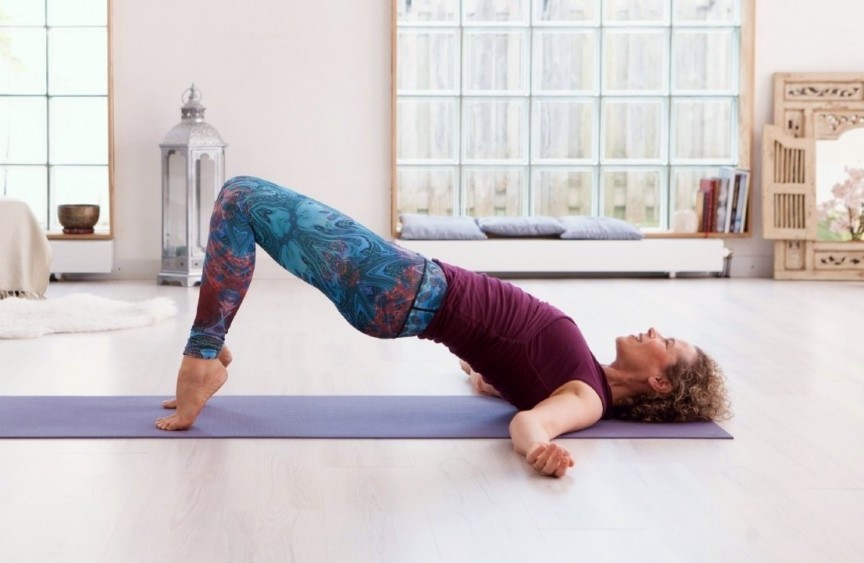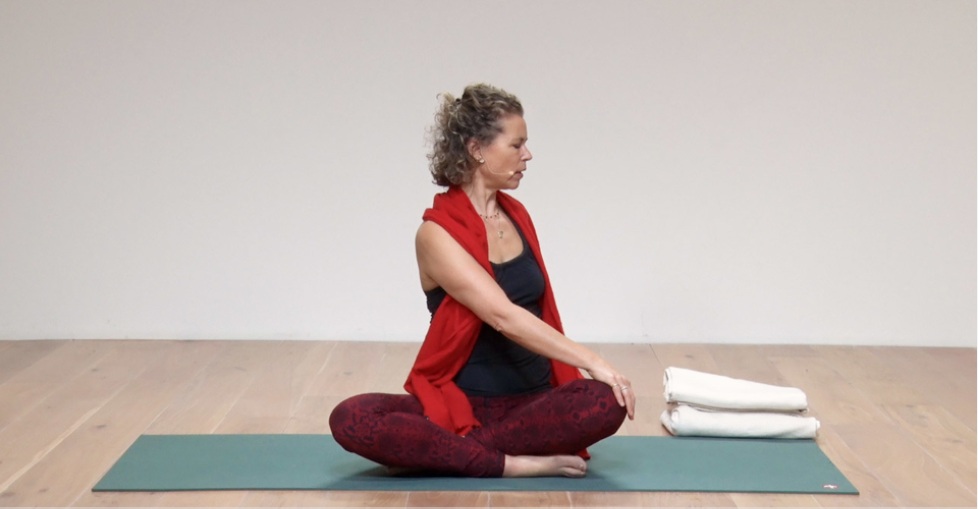In my Empowerment series of classes, I want to share five things that I’ve found can help us to live an empowered life, to honour the person we truly are.
The first is the most important, and that is: give yourself consent to feel.
In our lifetime, for all sorts of reasons and causes, many of us have learned to separate our inner experience from our outer expression. We may perceive things inwardly one way but present to the external world in an entirely different way.
This disparity between feeling things one way and (re)acting in another is often related to survival strategies from an early age. When this separation continues, we may even lose our ability to feel, and so lose our inner sense as a navigation tool for life.
Survival strategies – Hiding our feelings
When our caregivers or parents want us to behave, or even feel, differently than how we’re truly feeling, we start to hide or deny whatever is alive within us. This often happens at an unconscious level and at a very young age.
When we are born and enter the world, we are entirely dependent on the people around us for our survival. As babies, we have no filter between what we feel and how we express this. When we are hungry, we cry. When we are happy, we laugh and so on.
As we grow into children, besides needing care and safety from our parents/caregivers, we also start looking for attention, love and support. As our perception of the world expands, we begin to see what the effect is of our different behaviours. We become more sensitive to reward systems that separate our feelings from our authentic expression. For example, we may get ice cream if we stop crying, or get praise when we accept the kiss from that creepy uncle. When we are angry and enraged, we are ignored, but when we play sweet, we get what we want.
Then, as we become teenagers and move into adulthood, our peers play a more significant role in our behaviour adjustments. We learn to deny our inner feelings and alter our outward behaviour to get what we want or need. We start to calculate what the best way is to act to be accepted and loved within our group.
When we regularly find ourselves needing to adjust our behaviour to feel safe, get praise or love, we unconsciously stimulate the disconnection between feeling and expressing. A rift between our body and mind is created and deepened. We learn to distrust what we feel and give preference to the behaviours and responses we orchestrate in our minds; behaviours that are socially acceptable or that get us what we crave.
To some extent, we all have developed behaviour that we perceive is more ‘desirable’ and created conditioning around acting differently than how we truly feel. That is the “sacrifice” we make to grow up in our communities; we play by the rules of the group. Whatever the cause, this rift can result in some numbing of our feeling ability.
Ignoring or denying our feelings, creating dis-ease
When we ignore or deny the feelings and emotions that come up for us, we not only do a disservice to ourselves, but we create ‘dis-ease’ in our body. Because emotions and feelings are, in essence, nothing more than energy and energy needs to move.
When energy can’t move, it is stuck somewhere in the body. That ‘stuckness’ can lead to a host of symptoms that put stress on our physical and mental systems – because when the body gets stressed, the mind gets stressed too.
However, we can learn to reconnect with our inner world and use our emotions and feelings as an inner guide.
Learning to feel and trust our feelings
Our feeling ability is a powerful tool. It helps us to sense danger or to become aware of negative situations. It helps us to make positive choices for our wellbeing and steers our lives in the direction that is right for us.
But for many of us, allowing ourselves to genuinely feel, to authentically sense and become aware of our inner world, is unknown territory and can feel like a dangerous and treacherous place. When we allow our emotions to come up, be fully felt and seen, we can experience this as if the world is falling apart! So we need to be kind and patient with ourselves during this process.
The more we learn to feel and listen, the more our power grows. As does the ability to handle our boundaries better, to know what we really like or want, when to say “yes” and when to say “no”.
To live a powerful life means being ourselves. Being ourselves means that we honour whatever we are feeling about something. We are not going to be happy or joyous or peaceful all the time, and other people are not always going to like how we feel. But we can remember that life invites us to all sorts of experiences. Allowing ourselves to genuinely feel whatever it is that comes up is a big step in becoming our authentic, powerful selves.
I invite you to practice this with me in the first of a series of 5 classes:
Empowerment series, class 1: Learn to feel
You will be guided through a continuous breath exercise that will help you to open the channels where emotions and energy may be stuck. We move onto practicing some asana to help your body move whatever wants to express through you. We end with a mudra and a restorative relaxation.
Please be advised that this class may bring up some unexpected emotions. Make sure you have the time and space to settle into this state and to restore your groundedness afterwards.
Do let me know how you get on in the class comments.
Read the rest of Sandra’s Empowerment series articles
- Part 2 – How to accept and honour your true feelings
- Part 3 – Knowing your boundaries – respecting your limits
- Part 4 – Become your own leader – taking responsibility for yourself
- Part 5 – Live your truth – daring to live the life you long for


